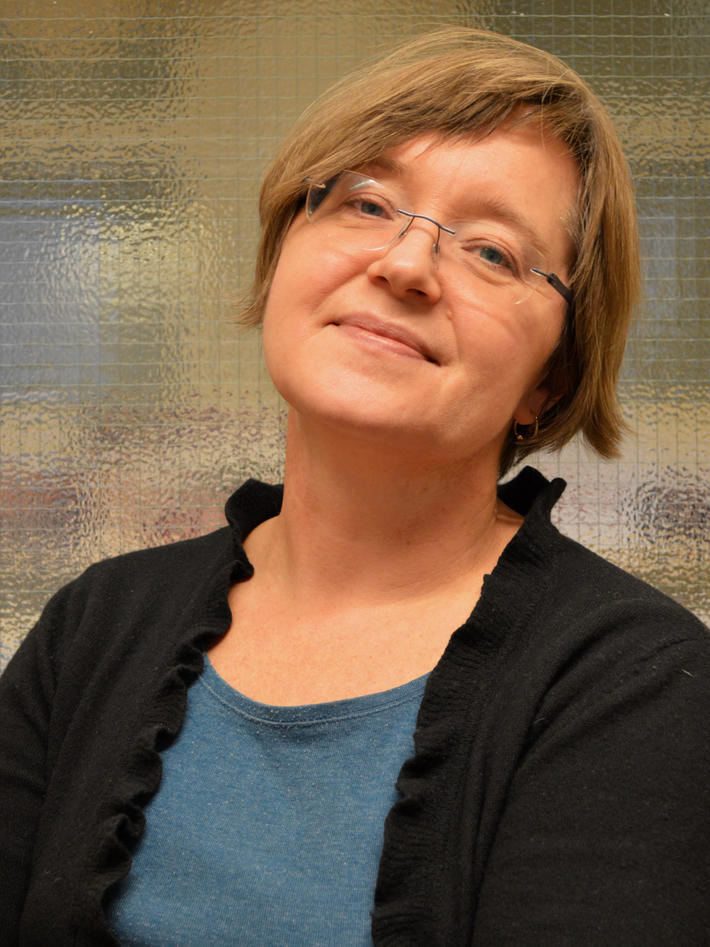Power in political ecology
Where is the power? Why do poor farmers remain poor? Is the dominance of the global oil companies eternal and inevitable? How do local politics and power relations influence climate adaptation projects? Can conflicts of interest be turned into constructive dialogue in planning processes?
Hovedinnhold
These were some of the questions addressed by the keynote speakers Jesse Ribot (University of Illinois), Håvard Haarstad (University of Bergen), Andrea Nightingale (Swedish University of Agricultural Sciences) and Tim Richardson (Norwegian University of Life Sciences) when The Norwegian Research Network on Political Ecology and Environmental Policy organised the combined PhD-course and workshop ‘Power in political ecology’ 24-27 November in collaboration with the Norwegian Researcher School in Geography and the Department of Geography, University of Bergen.
During the two first days, 18 PhD-students from Norwegian and European universities were gathered to study how theories on power and natural resource governance can be applied in their research projects. Mitchell Dean (Copenhagen Business School) introduced his analyses as presented in his book ‘Signatures of Power’ of Michel Foucault’s theories of power and how to understand ‘governmentality’ in natural resource governance.
Even though power is a key concept in the research field of political ecology with its focus on material and discursive struggles over access, control and meanings of resources, spaces and landscapes, it is a concept that is not always clearly defined. Hanne Svarstad (Oslo and Akershus University College) reflected upon this paradox and argued for the bringing of actor- and structure oriented perspectives closer together.
During the two last days the PhD-students participated in the workshop, in total gathering around 60 researchers, where research results from a wide spectrum of projects from contexts around the world were presented. See the programme here: https://www.uib.no/geografi/92933/power-political-ecology#




